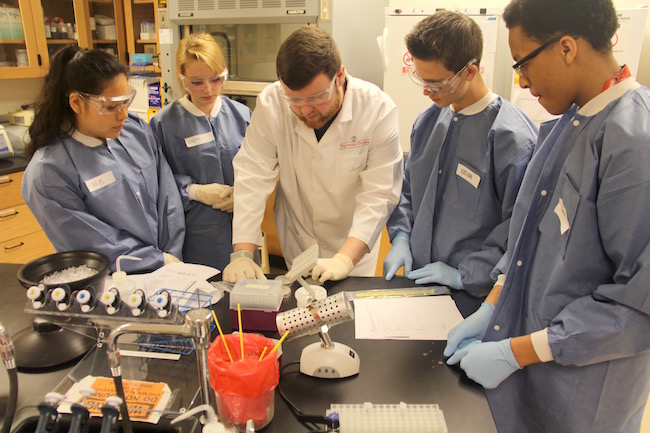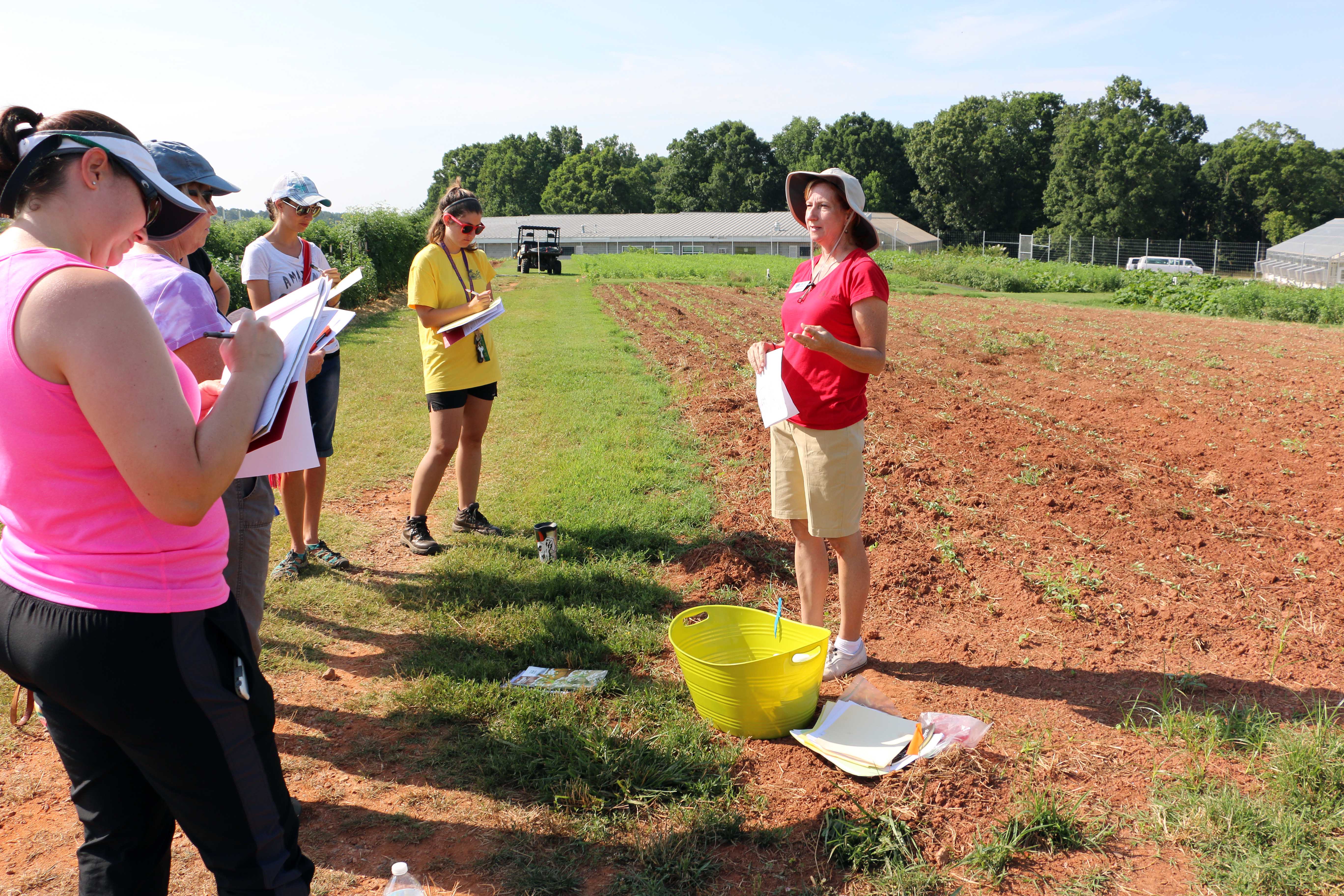The decision to drop out of school has consequences that affect a student for life. It can hurt communities, too, say education experts with the University of Georgia. Parents should intervene early to keep kids on the right path to success.
Numbers vary. But there is no doubt Georgia’s dropout rate is high.
Almost one out of three Georgia students leaves school before getting a diploma, according to the Georgia Department of Education. Georgia’s graduation rate is only 62 percent, according to the Editorial Projects in Education Research Center, a non-profit organization that conducts education research, and less than half of the students in Atlanta earn a diploma.
“Dropouts are more likely to end up unemployed or working in low-wage positions,” said Ted Futris, a child and family development specialist with the UGA Cooperative Extension. “They are also at a higher risk for criminal activity, imprisonment, childbearing out of wedlock and poverty.”
It’s a “push-me-pull-me effect,” he said. School policies like those on truancy and negative experiences at school can push kids out. Challenges at home and early transitions like teen pregnancy can pull kids out. There is no single cause or cure, but efforts to prevent dropout should start before high school.
“Adolescents' brains are not finished developing, especially the parts that control reasoning, planning and making wise decisions. Preventing dropouts begins much earlier than high school or middle school,” said Diane Bales, an associate professor with the UGA College of Family and Consumer Sciences. “In fact, it begins in early childhood with the skills, relationships and attitudes toward learning that young children build in early childhood programs.”
Children should be encouraged to learn and graduate even before entering school, Bales said.
“Encourage parents to read to young children daily,” Bales said. “One of the best predictors of children's ease in learning to read is their oral vocabulary at age 4.”
Parents should stay involved, Futris said, by attending parent-teacher meetings and volunteering in the classroom.
He suggests parents:
- Monitor learning, keep up with what children are doing and ask questions.
- Read daily to children and introduce them to the library.
- Praise effort and not just success.
- Give children responsibilities at home, which can translate into positive classroom behavior.
- Establish a schedule at home, which helps children understand routines at school.
“Help children explore careers they are interested in and find out what they need to accomplish to meet those goals,” Futris said. “Make your values and expectations clear to your children.”
Involvement in extra-curricular activities can keep kids attached to the educational community, he said.
If a high school student suggests dropping out of school, try to identify the reasons and work through solutions. Parents can talk to school counselors and teachers for help.
“Help them think through all the consequences and see beyond the immediate,” Bales said. “Get them the help they need. It may be a tutor or testing for a learning disability.”
“Dealing with academic difficulties in high school or dropout after the fact can be challenging,” said Futris. “That’s why it is important that parents foster learning and the value of education in their children when they are young.”




